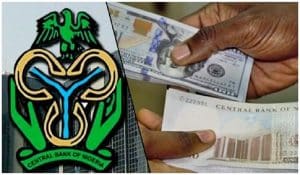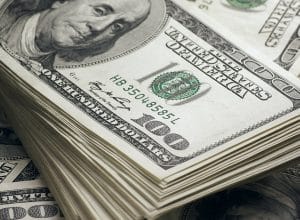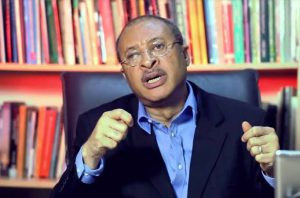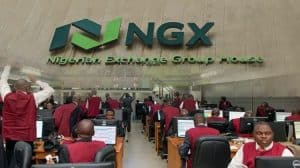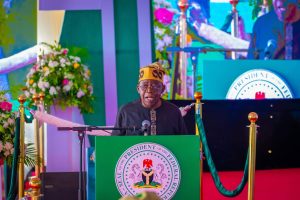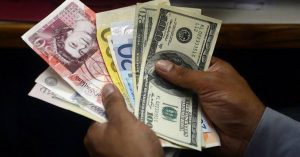CAC Issues Fresh Guidelines For Banks Recapitalization, Merger
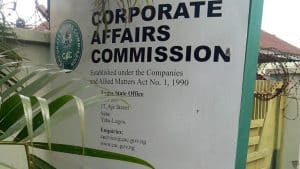
The Corporate Affairs Commission (CAC) has released updated regulations to aid Deposit Money Banks in the current recapitalisation process. According to a statement released by the commission’s management and shared on its official Facebook page on Friday, the new directive is in line with its authority as outlined in Section 8 (1) (e) of the […]
The post CAC Issues Fresh Guidelines For Banks Recapitalization, Merger appeared first on Naija News.


